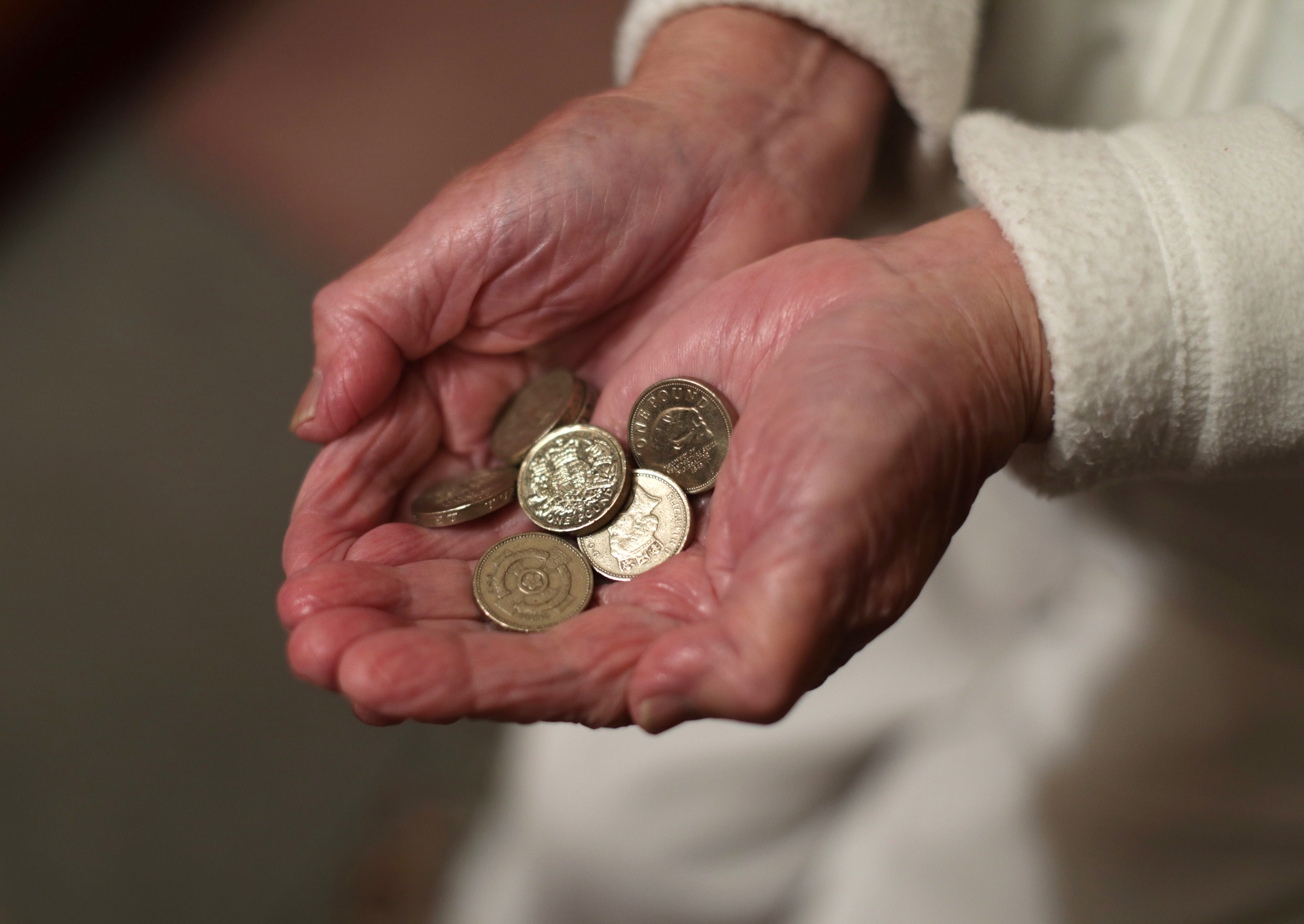Living costs surge ‘could be hitting retirement plans of over-55s’
Confidence about retirement prospects has increased among ‘mass affluent’ consumers over the past year, bucking the general trend, according to LV=.

Your support helps us to tell the story
From reproductive rights to climate change to Big Tech, The Independent is on the ground when the story is developing. Whether it's investigating the financials of Elon Musk's pro-Trump PAC or producing our latest documentary, 'The A Word', which shines a light on the American women fighting for reproductive rights, we know how important it is to parse out the facts from the messaging.
At such a critical moment in US history, we need reporters on the ground. Your donation allows us to keep sending journalists to speak to both sides of the story.
The Independent is trusted by Americans across the entire political spectrum. And unlike many other quality news outlets, we choose not to lock Americans out of our reporting and analysis with paywalls. We believe quality journalism should be available to everyone, paid for by those who can afford it.
Your support makes all the difference.The over-55s are most likely to be worried about the rising cost of everyday items, according to a “wealth and wellbeing monitor”.
There are also signs this could be hitting some people’s retirement plans, as fewer people approaching pension age are feeling confident that they have saved enough to live comfortably.
The findings were made following a quarterly survey of 4,000 people across the UK for pensions specialists LV=.
Across all age groups, a third (33%) are worried about everyday living costs increasing, up from 27% in September last year.
Women (40%) are also generally more likely to be anxious about rising prices than men (26%).
One likely reason why over-55s are more worried about inflation is that they typically have a larger proportion of their savings in deposit accounts that are not keeping pace with rising prices
People over 55 are the most likely of all age groups to be worried, with 36% voicing this concern.
The latest survey also found 41% of people aged 55 to 64 who are not retired are confident that they have saved enough for a comfortable retirement. This is a decrease from 44% who felt this way a year earlier.
Women are also much less likely than men to be confident about their retirement prospects.
However, people with significant assets bucked the general trend of falling confidence.
The study found that retirement confidence among “mass affluent” people – those with assets of between £100,000 and £500,000 excluding property – has increased.
Some 71% of mass affluent consumers are confident that they have saved enough for a comfortable retirement, up from 60% a year earlier.
Previous research from the LV= wealth and wellbeing monitor found that a large proportion (84%) of this group has saved money during the Covid-19 pandemic – and around one in five said their household has saved more than £10,000.
This group is also more likely than the population generally to have funnelled their additional savings into a pension, at 8% versus 5% of people generally.
Wealthier households are probably more confident because they tend to have a great proportion of their investments in real assets such as equities and property, which have risen in value over the past few years
Clive Bolton, managing director of savings and retirement at LV=, said: “One likely reason why over-55s are more worried about inflation is that they typically have a larger proportion of their savings in deposit accounts that are not keeping pace with rising prices.
“Wealthier households are probably more confident because they tend to have a great proportion of their investments in real assets such as equities and property, which have risen in value over the past few years.
“Rising inflation poses a dilemma for cautious investors. They are generally uncomfortable with the volatility that investing in stock market-based funds can bring but are also concerned that their savings fail to keep pace with rising prices.
“One option for them is a smoothed fund that invests in a wide range of assets but which helps to smooth out the ups and downs of the stock market.”
He added: “A qualified financial adviser will be able to help clients choose the most suitable investments and create cashflow models to ensure and their retirement income is secure.”